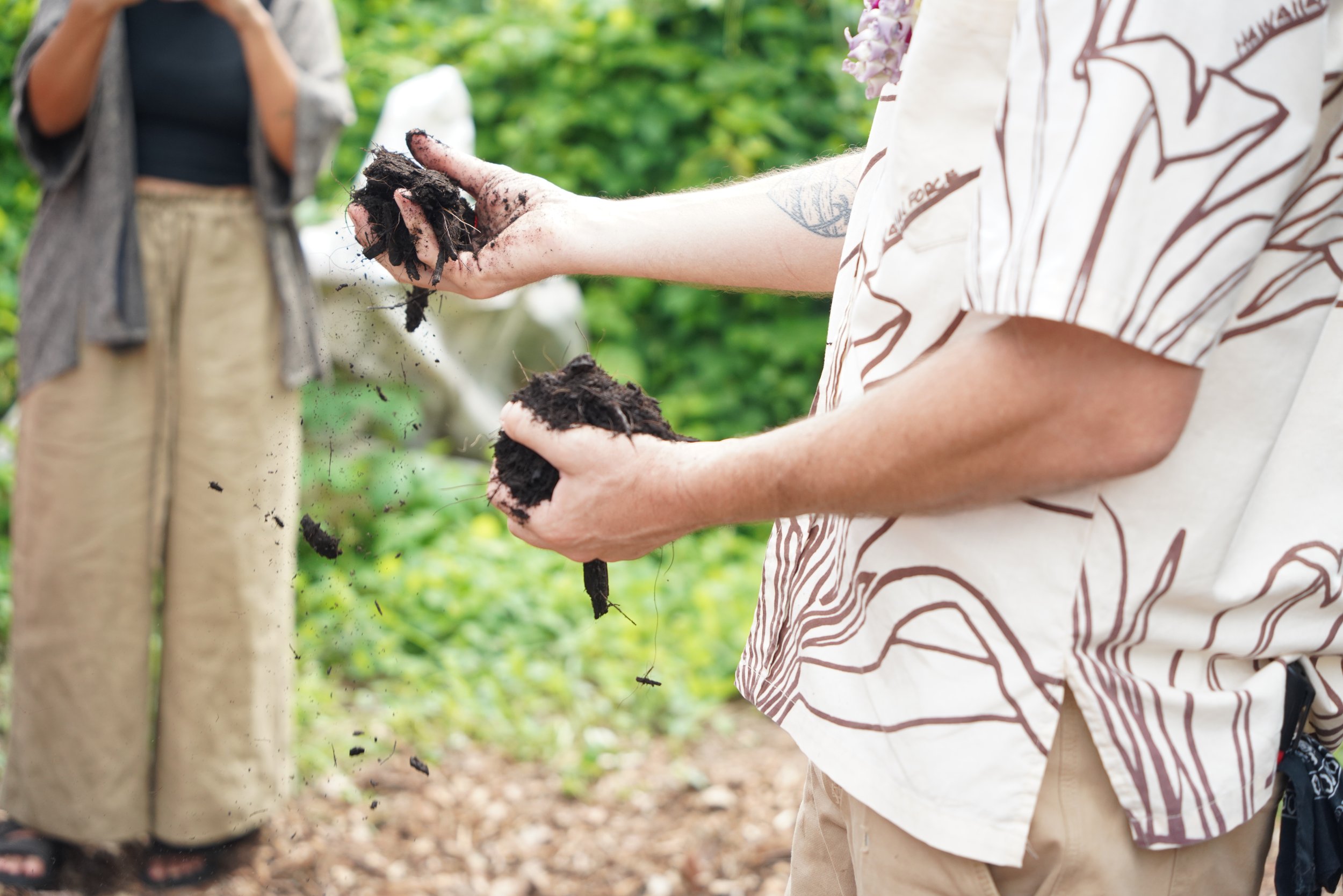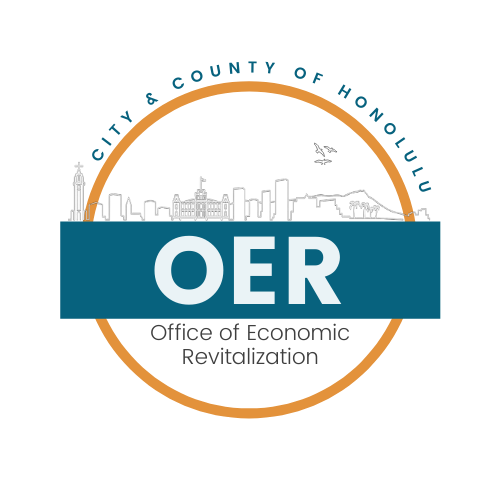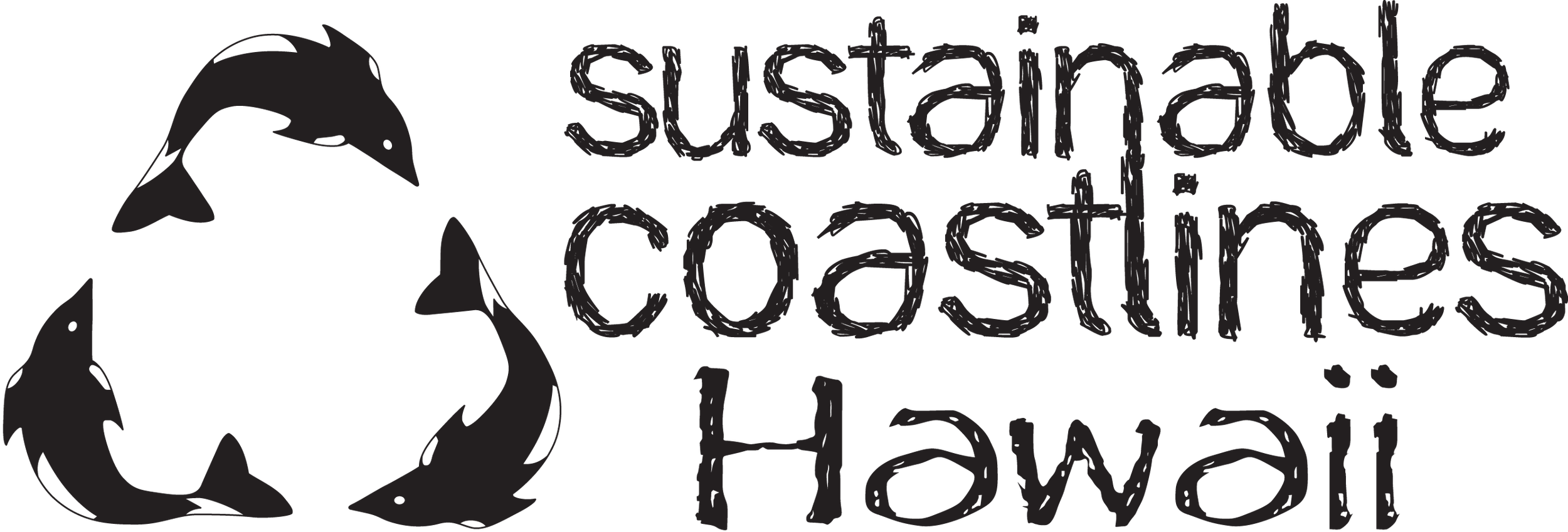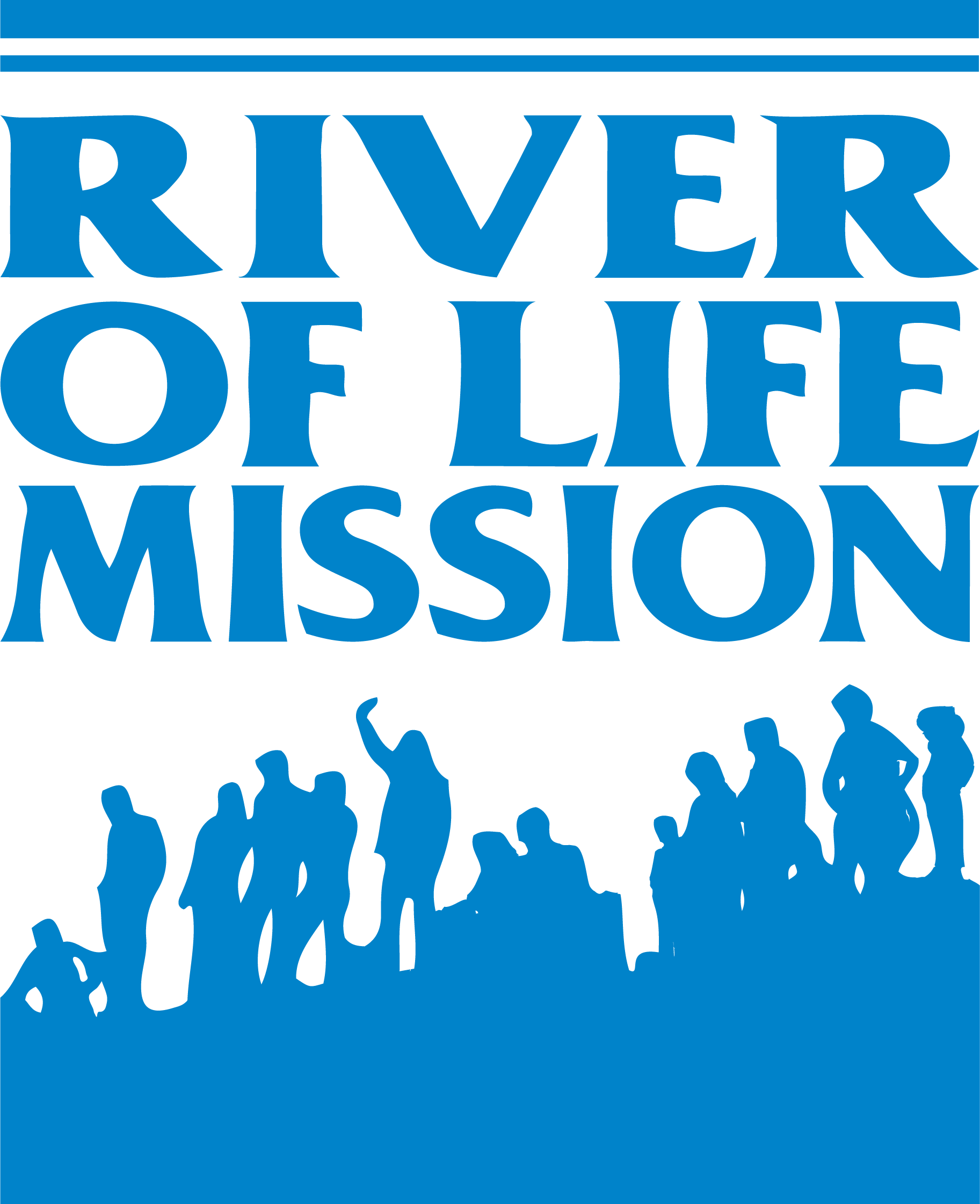Oʻahu Compost Project
From January 2023 to January 2024, the Oʻahu Compost Project (OCP) diverted commercial food waste from Chinatown to Hawaiʻi’s first in-vessel composting unit. The pilot project served as proof of concept for a viable system that can 1) close the loop on an overlooked food waste stream by keeping it out of local landfills and incinerators, 2) divert food waste to create high quality, local compost, 3) reduce reliance on the import of soil amendments, and 4) reduce greenhouse gas emissions relative to existing waste management practices.
26% of Hawaiʻi’s available food supply is wasted and vegetative and non-vegetative food waste comprise about 20% of the overall waste stream on Oʻahu. While City ordinance requires food establishments that meet certain size and volume thresholds to recycle food waste, there are no food waste recycling requirements for small and midsized establishments. The OCP focused on utilizing food waste from these small and midsize food services establishments.
Key Accomplishments
Diversion over 30,000 pounds of food waste from municipal waste streams and into a local compost facility
Production of 39,537 pounds of locally made, finished compost
Reduction of carbon emissions by 8.12 tons of CO2eq (carbon dioxide equivalent) by managing food waste through composting instead of through incineration
Collaboration with 8 restaurant partners
Completion of 224 separate hauling events
Moving forward, the Resilience Office will continue to explore strategies to effectively reduce and recycle food waste in ways that benefit the environment, economy, and the people of Oʻahu.
And mahalo to volunteer Xiao Li!
Mahalo to Our Partners!
The OCP was made possible by a grant awarded to the Resilience Office by the U.S. Department of Agriculture Natural Resource Conservation Service to develop and test strategies for planning and implementing municipal compost and food waste reduction plans. Supplemental funds were provided by the Honolulu Department of Environmental Services, Aloha Harvest, Sustainable Coastlines Hawaiʻi, and Zero Waste Oʻahu.




















